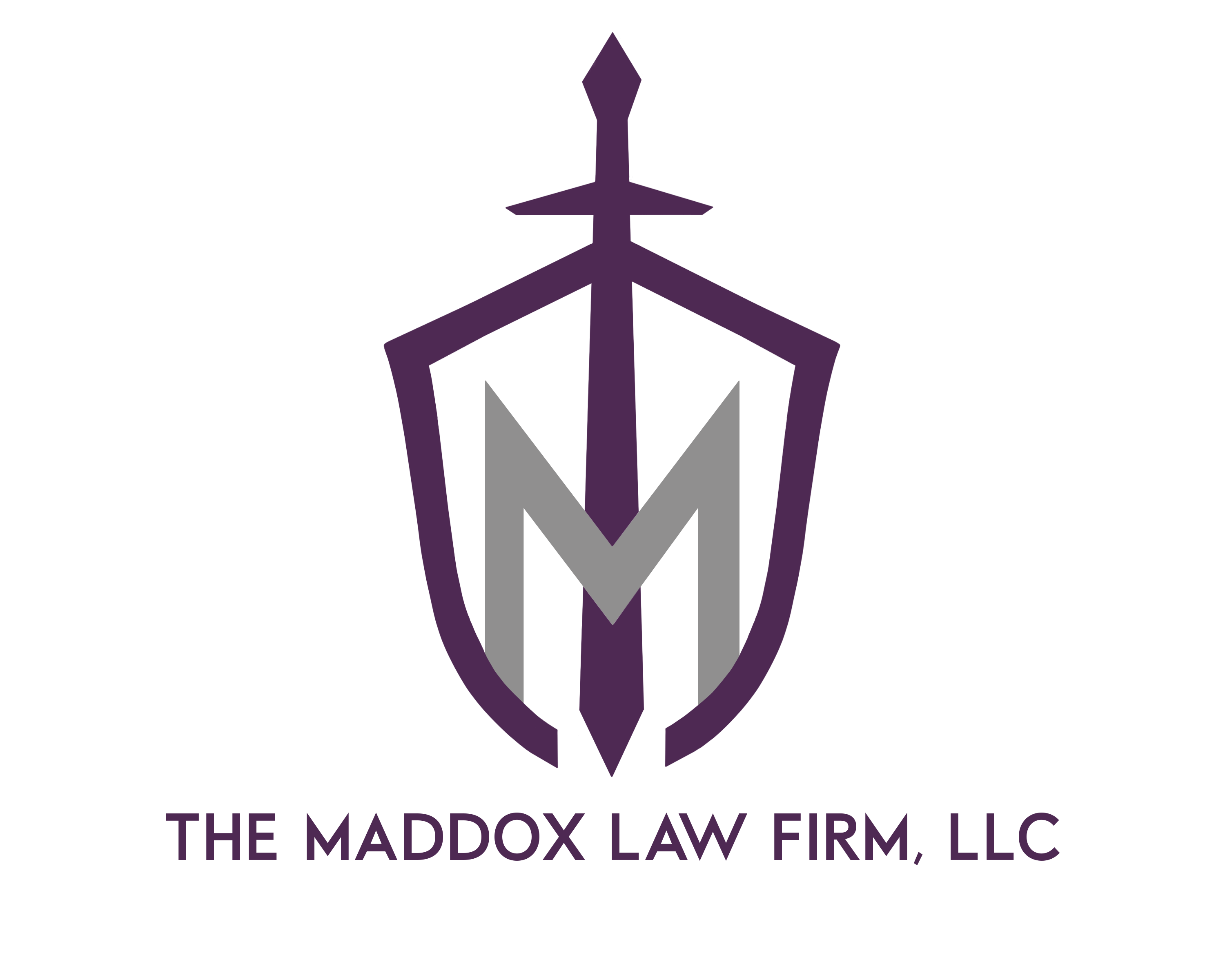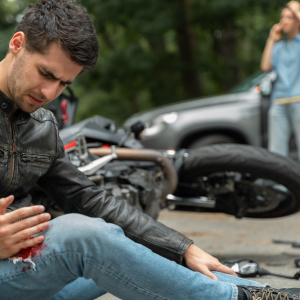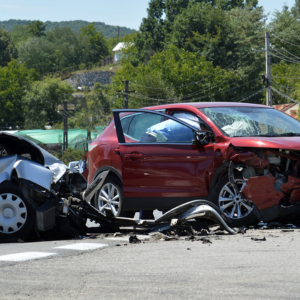Manslaughter is one of the most serious criminal offenses in Connecticut. If you’ve been charged, it’s important to know what to expect.
How are Connecticut’s manslaughter laws different?
Connecticut’s manslaughter laws are different from those in other states. It doesn’t charge a person in terms of voluntary versus involuntary manslaughter. Instead, charges come based on the degree of the crime. In other words, a person can be charged with first-degree manslaughter or second-degree manslaughter depending on the nature of the crime.
What are the levels of manslaughter in Connecticut?
Manslaughter in the first degree is the most serious of these offenses and is classified as a class B felony. It’s considered manslaughter instead of murder due to the killing occurring in the heat of the moment. There is no premeditation involved. If a person is convicted of the crime, they could face a 20-year prison sentence and a maximum fine of $15,000. When the offense involves a motor vehicle, a conviction can result in a year in prison and a maximum fine of $2,000.
Manslaughter in the second degree involves a death caused by a vehicle. If a person is killed as a result of a driver being intoxicated by drugs or alcohol, that driver can be charged with second-degree manslaughter. This type of death is considered to be caused by criminal negligence.
If someone causes the death of another person while using a firearm, it is also classified as a class C felony. A conviction means a prison sentence of 10 years and a maximum fine of $10,000. In addition, using or threatening a victim with a firearm and that person later dying can result in a charge of second-degree manslaughter.
Individuals who cause the death of another person with a vehicle have their driver’s license suspended and require an interlock ignition device installed after it’s reinstated. The IID stays in place for two years to ensure that the person doesn’t attempt to drive while under the influence of alcohol or drugs.
Facing any type of manslaughter charges in Connecticut can be frightening. If you know you are innocent or have been wrongfully charged, the best thing you can do is to fight back and protect your rights and freedom.




